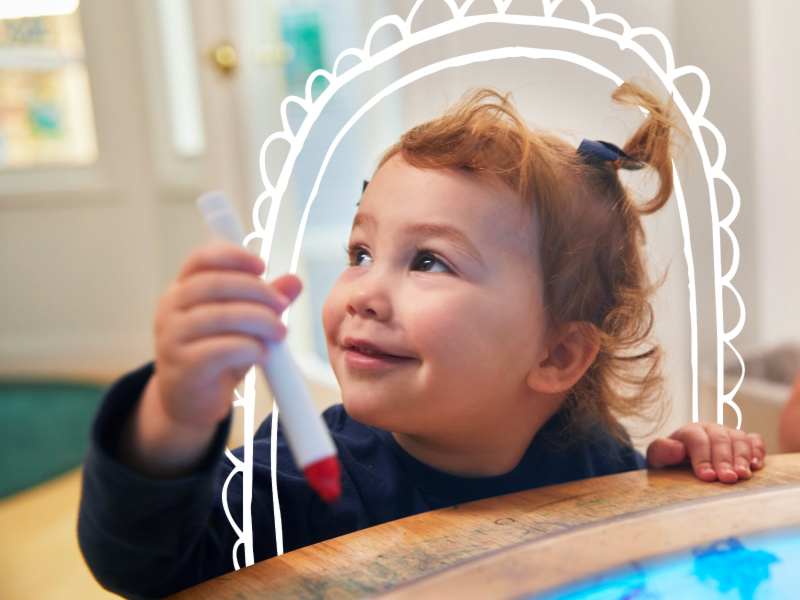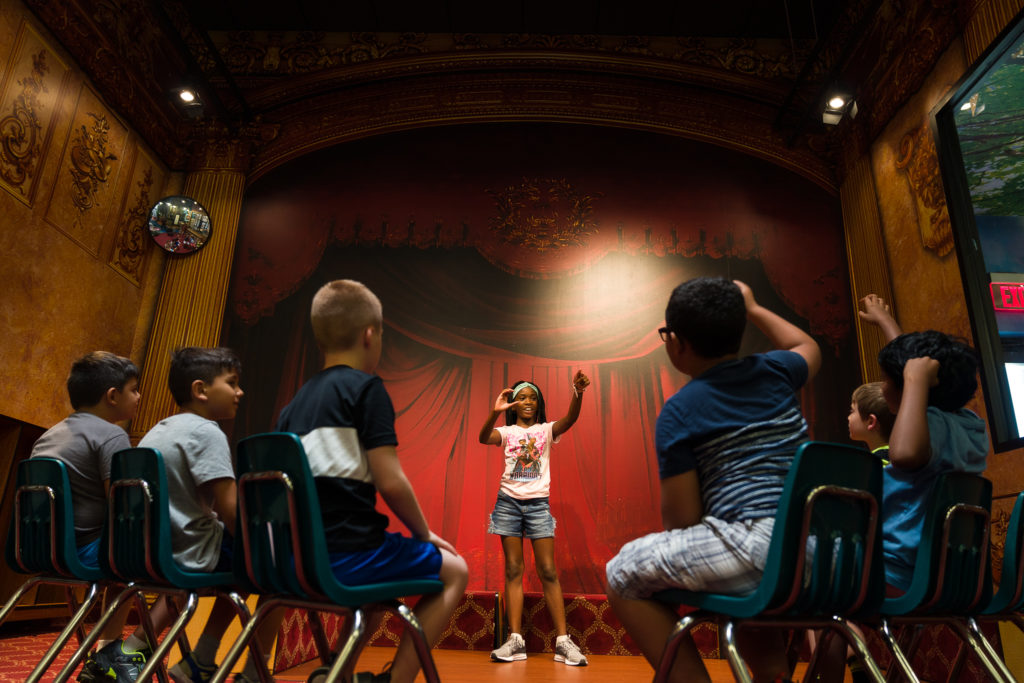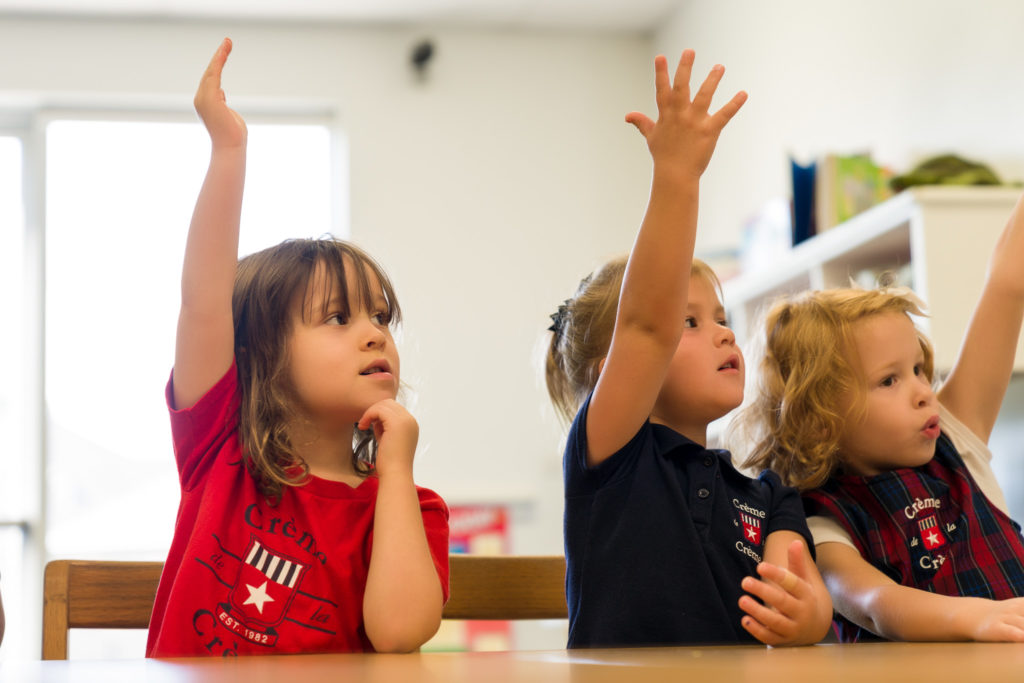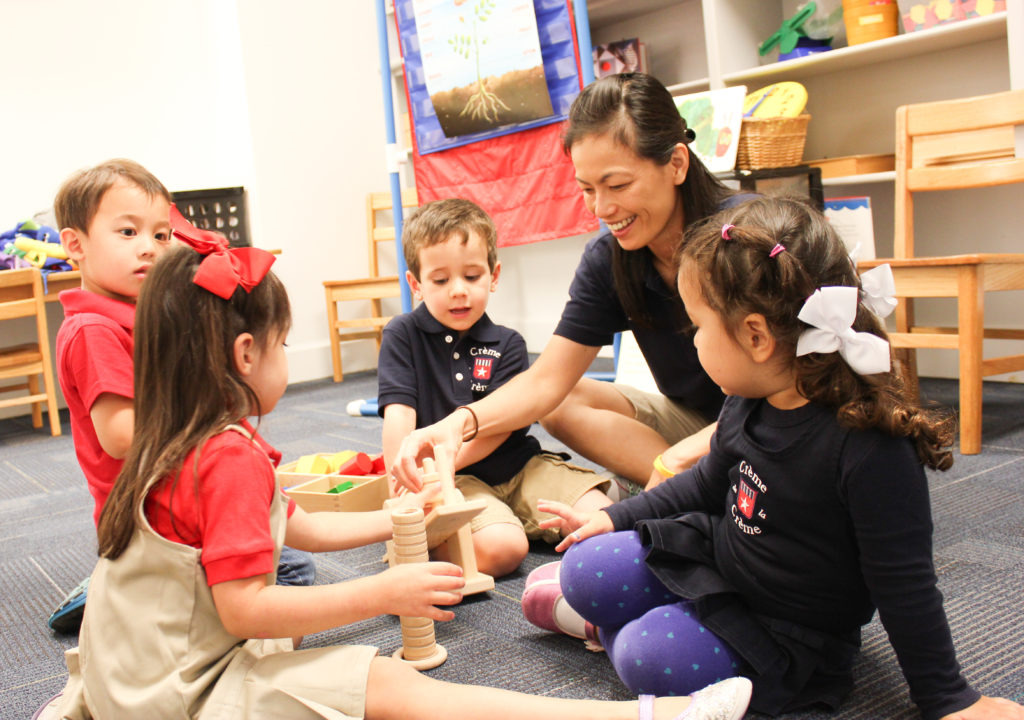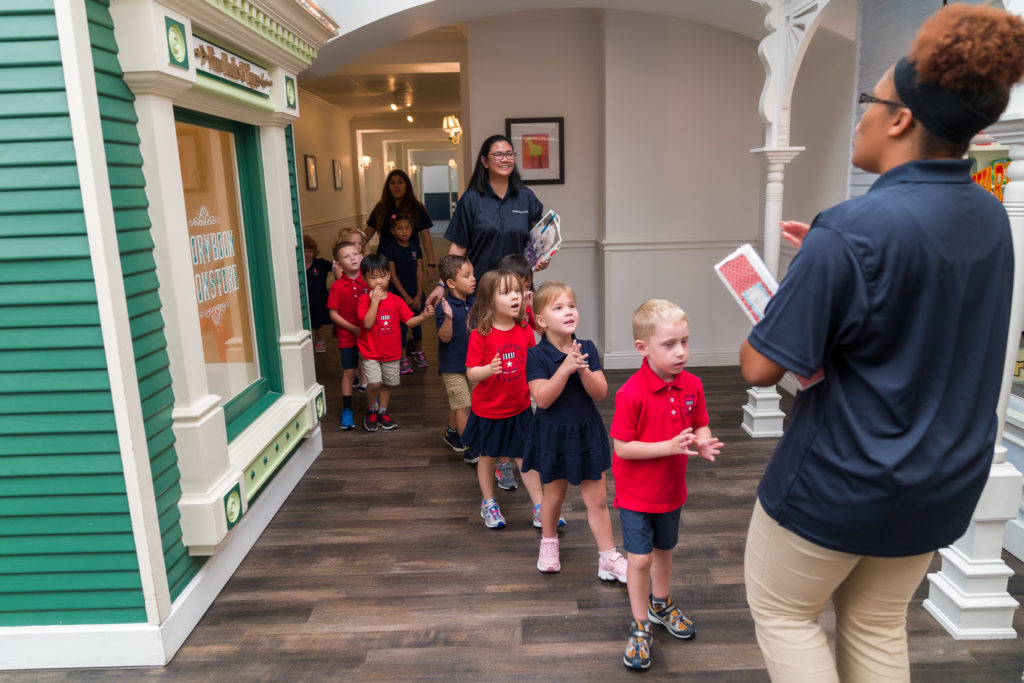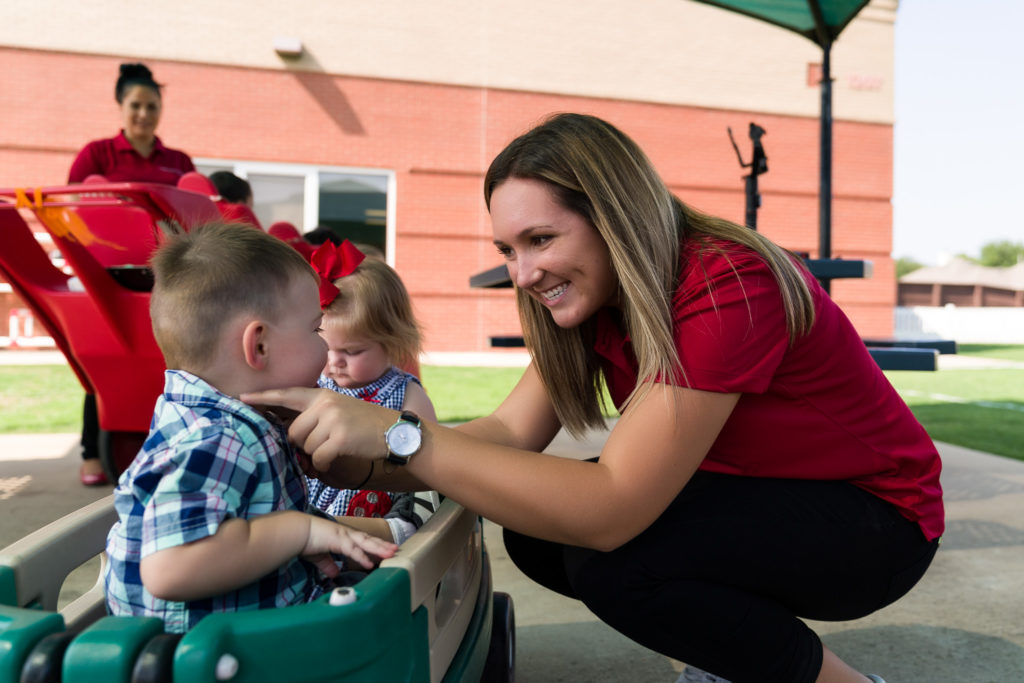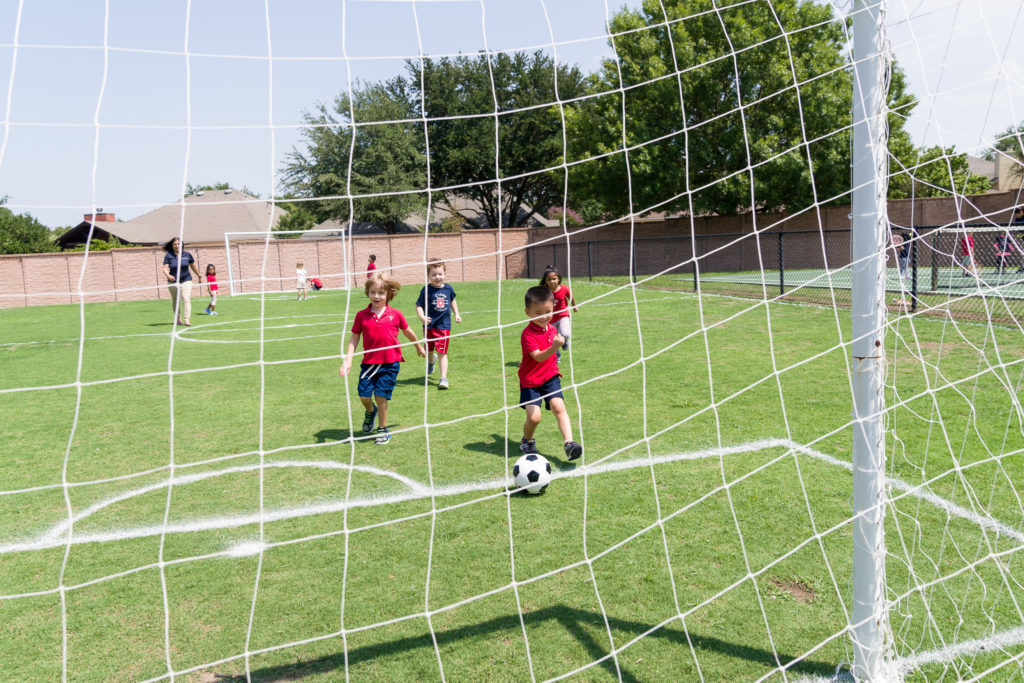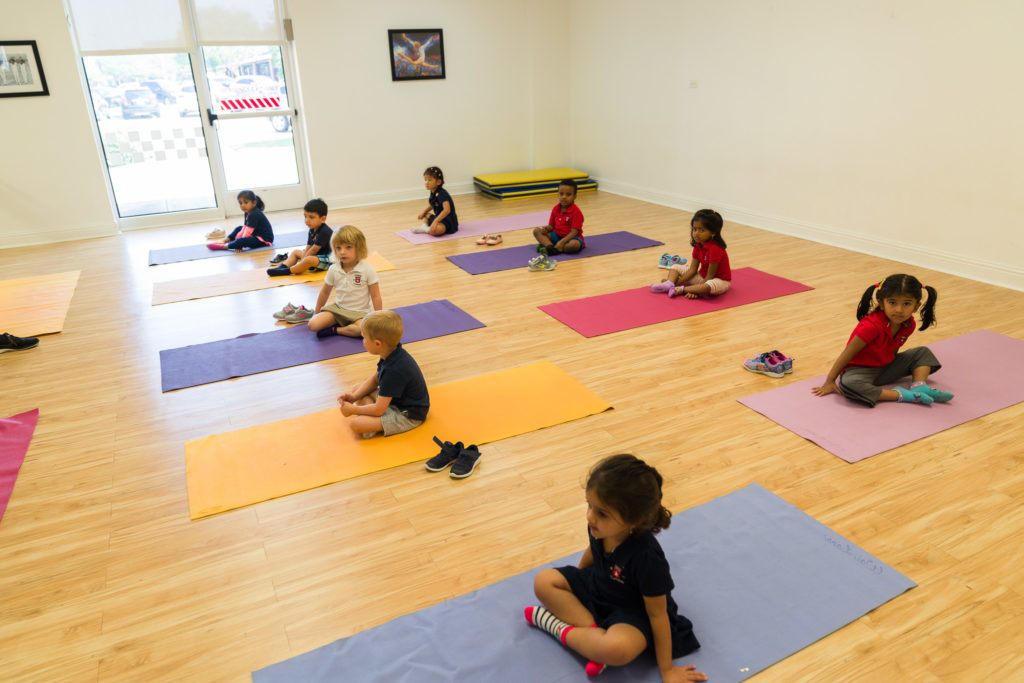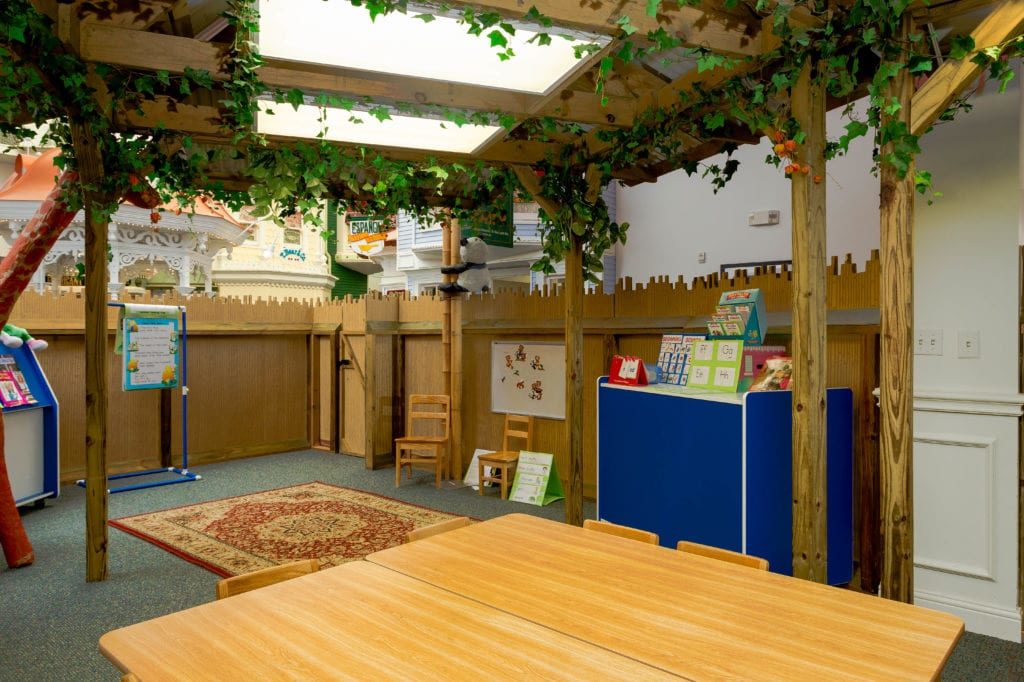The Importance of Imagination
We spend the first few years of a child’s life trying to introduce them to what they need to know and understand. Grass is green. The sky is blue. You use your fork to eat instead of your fingers. Around the age of three, children start to understand the difference between imagination and reality…. Read more

